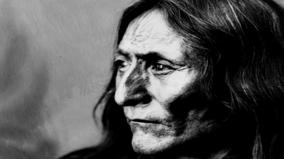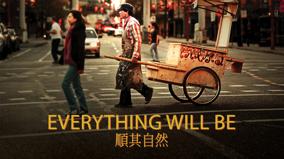Skip to content
Accessibility
Diversity in Communities (116)
-
Available in English Options
-
 The Faith Project - The Four Pillars2015 7 min
The Faith Project - The Four Pillars2015 7 min -
 The Faith Project - Breaking Bread2015 5 min
The Faith Project - Breaking Bread2015 5 min -
 The Faith Project - Making Space2015 4 min
The Faith Project - Making Space2015 4 min






























